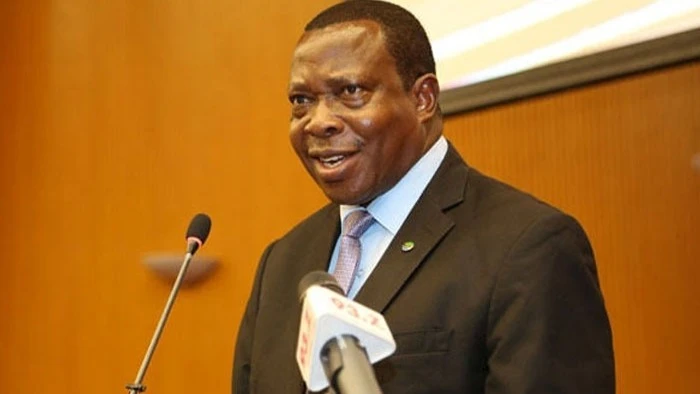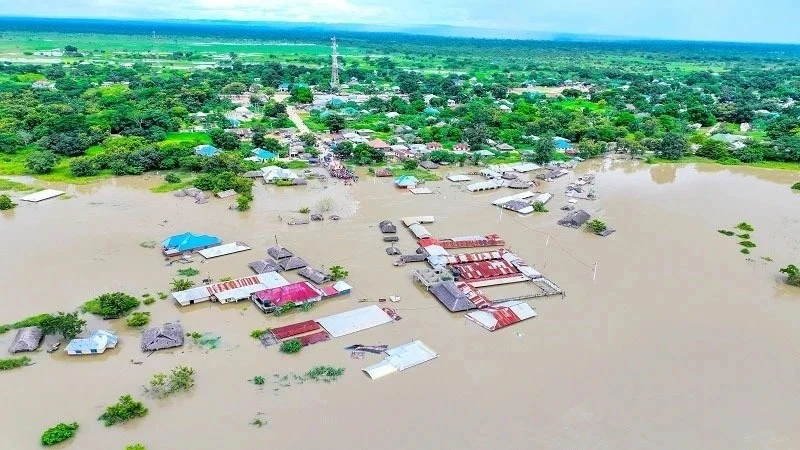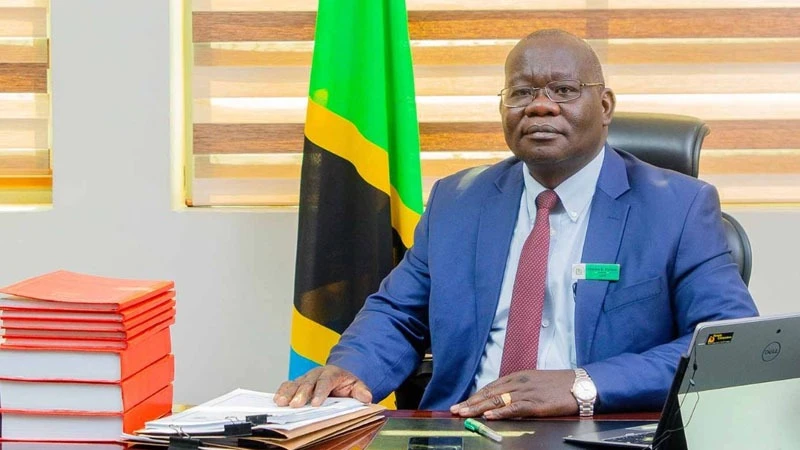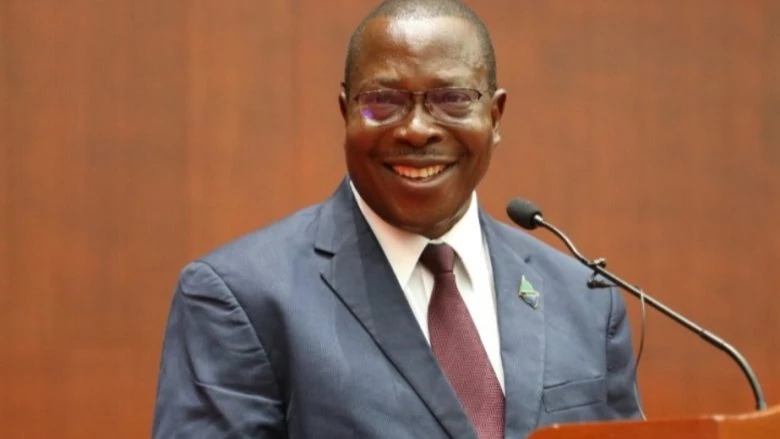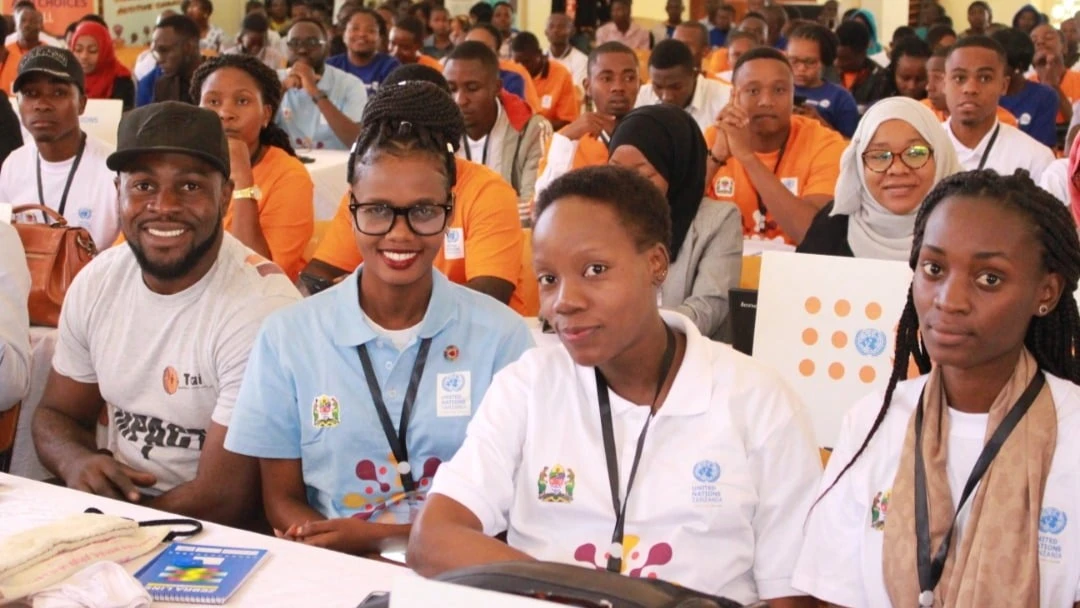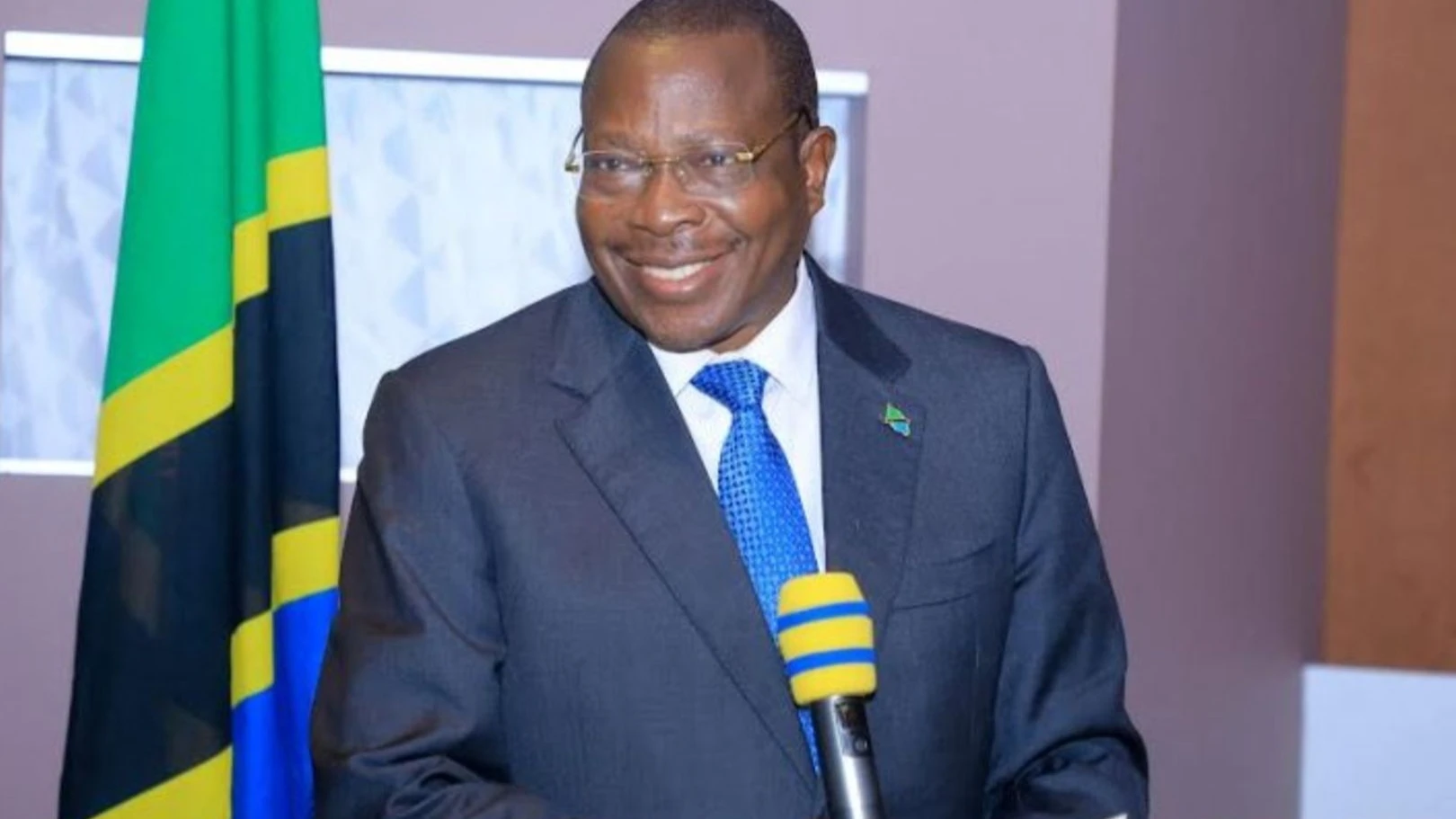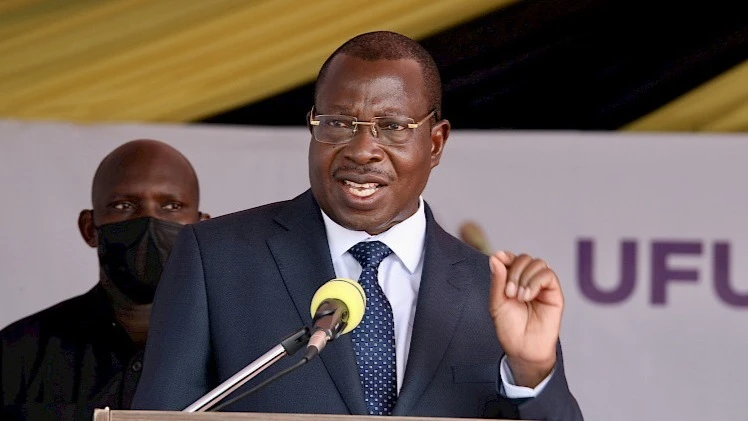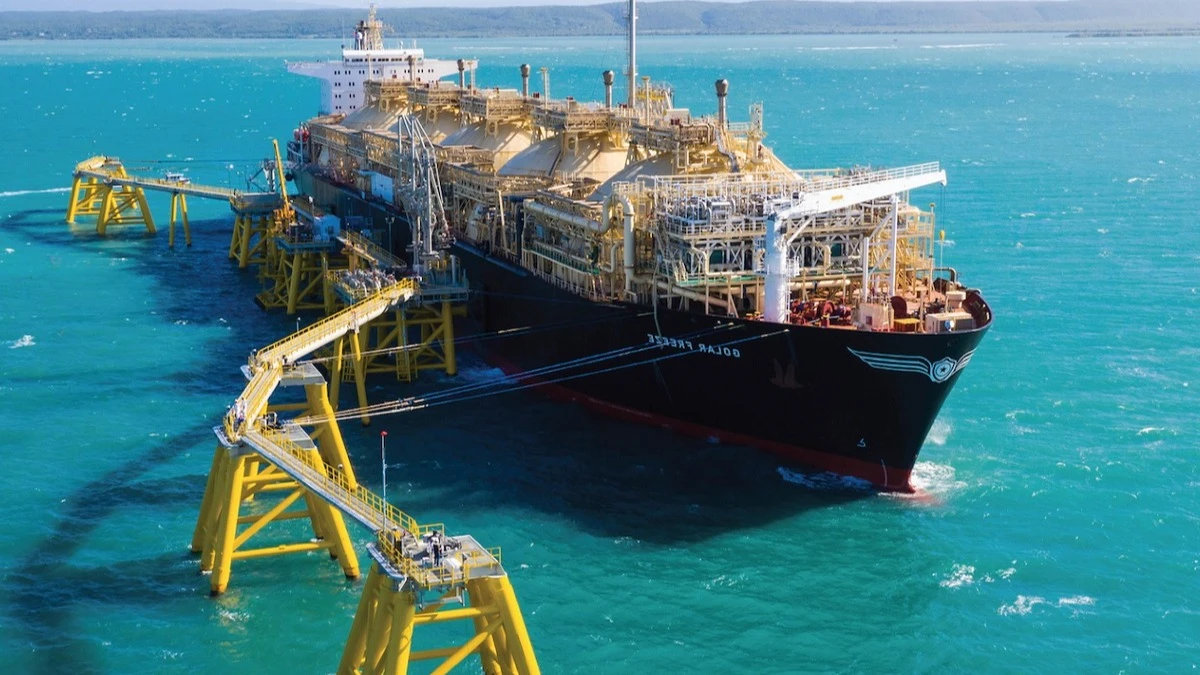PPP in DART operations: Improvement still possible
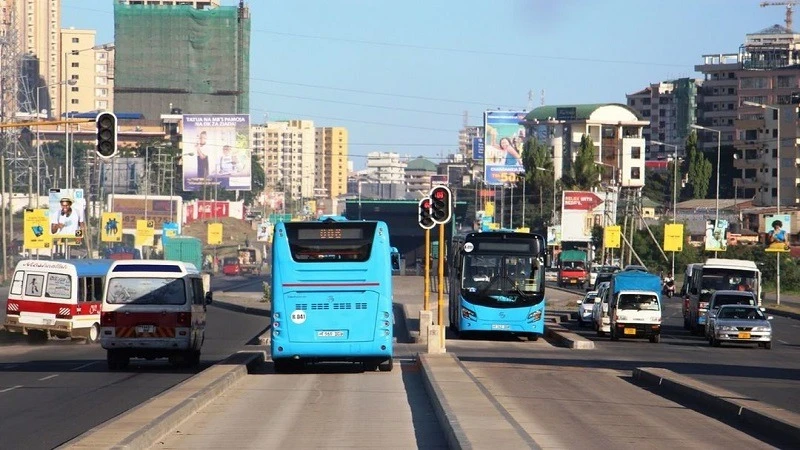
STALWARTS of the public-private partnership (PPP) policy have something to be happy about this week in the wake of an announcement by the Treasury.
This is a notice to the effect that the Finance ministry was readying to sign an accord with Dubai-based Emirates National Group (ENG) in running Dar Rapid Transit (DART) Phase 1 bus routes starting next month.
Reports had it that ENG operates companies handling all manner of means of private and public transport, along with their ancillary services. This implies that it is a major firm that could do more than it is being contracted for. Still, the contract isn’t yet confirmed as good.
A top official at the PPP Centre in the Treasury said that ENG emerged the winner in a tendering process, explaining that the government has taken the initiative of inviting the private sector to operate DART in response to bus congestion, with high rates of non-working buses leading to skipping passengers on many stands apart from the main terminals.
For the main Kimara-city centre routes, DART is seen as more of an over-packed shuttle for desperate commuters than anything else.
While there is clearly a chance of considerable improvement in the rapid transit mode, there are strategic issues that come up on what format of operations the company is given, or if it will have a choice on the mode of transportation.
Remarks from a Treasury official briefing the media on the issue were, to say the least, worrying, as it appears that the investor is being sought to fill gaping holes in how the rapid transit bus project is being managed.
It does not appear that the firm is being picked necessarily with intent to keep the project afloat as such, relative to the role played by DART and UDART.
The top official aired the view that the firm to be contracted for first phase axis routes “has a chance to extend operation for Phase II of the project if proved to have managed to improve services appreciably”.
It is not evident in these remarks that the total management of the project demands an overhaul or at least some redesigning.
The contracted firm is expected to sort out a sour thumb including by providing a fleet of buses, maintaining them and being paid for the mileage covered.
The PPP Centre’s chieftain is emphatic that the new investor is expected to bring in a sufficient number of buses to end the congestion, improving reliability and inducing badly needed happiness.
Workable PPP arrangements are usually those where a company is provided with a franchise and is responsible for its costs and earnings but has to pay a number of taxes to the government, just like other private sector corporate entities.
This isn’t what the Treasury is laying for the Emirates firm but, rather, a synergy where the firm provides the buses and pays for their operations and the same DART collects revenues.
With the firm said to boast years of global experience in the business, it is understandable for the government to show trust in it for taking up DART and making it a viable project.
That would include cancelling the UDA-DART condominium which some observers see as a relic of ancient expectations of city council running city buses.
That is no longer operative, having come up with a plan to restore it for the rapid transit module calls for a keen and deep rethink.
One view is that, for the contract to succeed, ENG ought to be asked to run the transit bus system in the mode it pleases, especially by removing route monopoly, raising the fare and providing luxury buses with level seat rules.
That would hopefully lead to a fall in the number of private or personal cars on the roads as it will have provided an option nearly as quality or comfortable but more affordable. Some food for thought…
Top Headlines
© 2024 IPPMEDIA.COM. ALL RIGHTS RESERVED






